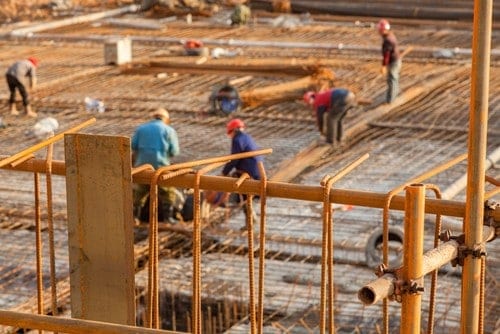Most people will agree; on days you feel well-rested you’re more productive, happier and ready to take on whatever challenges come your way. But, what about days you struggled to get a good night’s sleep? Lethargy, lack of focus and physical symptoms like a headache, are just a few of the consequences that come to mind.
In the construction industry, where safety and risk management are high priorities, working with a lack of sleep can be especially dangerous. According to a study by the Journal of Construction Engineering and Management, many workers fell well under the recommended sleep guidelines of eight hours per night, which resulted in an increase in the risk of an accident by nine percent. The causes contributing to the increased risk of an accident include:
- Not remembering correct work procedures or if equipment was turned off
- Unintentionally pressing a control switch on machines
- Unintentionally stopping or starting the wrong machine
- Daydreaming instead of listening to a coworker
What’s most likely to cause a lack of sleep?
There are three factors that most commonly contribute to a lack of sleep for construction workers.
- Those who work shift hours disrupt the body’s biological rhythm and are likely to be more sleep deprived than traditional day shift operators.
- Those who work more than eight hours per day may struggle to maintain focus.
- Those with stressful or demanding job conditions may feel tired or experience insomnia as a result of their work.
How can employers encourage adequate sleep?
Including information on sleep deprivation as part of your formal risk management program is a key step to aiding workers. Management may also conduct studies or surveys where employees self-report their sleep habits. Additional training and resources, such as sleep disorder management and incident investigation, can improve the condition of workers. Be sure each employee knows how to report any personal or departmental issues they believe are the result of a lack of sleep — and ensure they know there are no negative consequences for drawing attention to the issue.
At home, employees can make other household members aware of unusual sleeping habits or times. They can also use room darkening curtains or white noise, and eliminate blue light from electronics at least one hour prior to sleeping. Naps can also be beneficial between shifts, or to help balance work and personal schedules.


